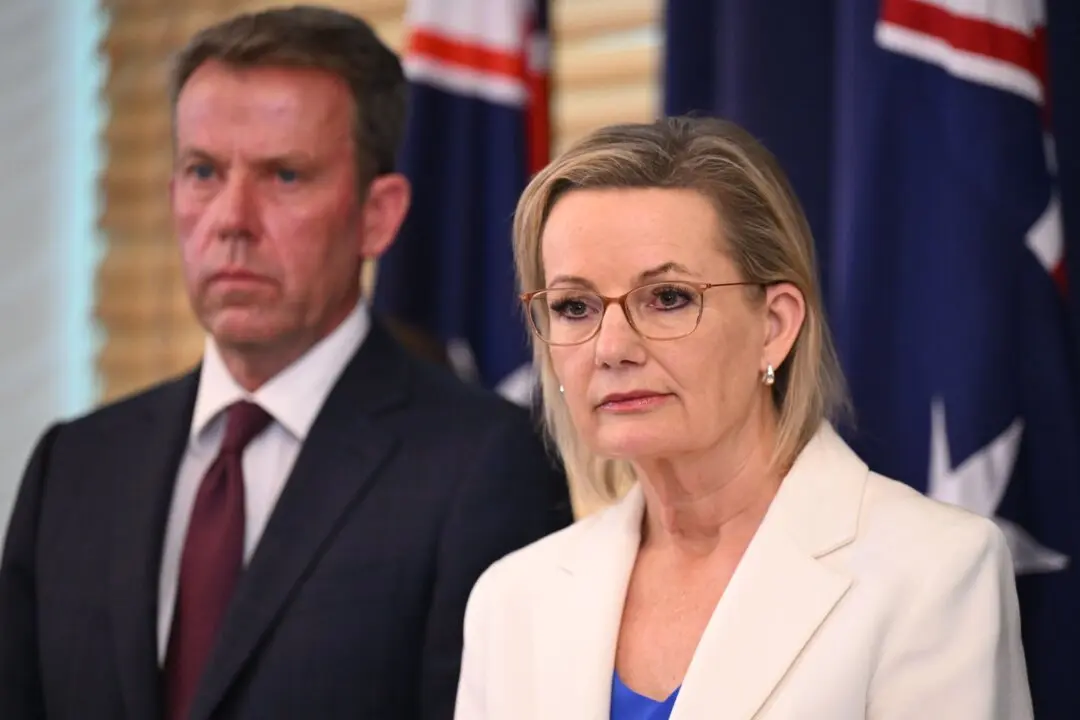A Liberal senator has raised allegations of bullying against her in response to a vocal stance against the Chinese Communist Party (CCP), her comments drew parallels with the late Senator Kimberley Kitching, who died on March 10.
Kitching’s passing exposed allegations of bullying and ostracisation against her from leading Labor Party Senators Katy Gallagher, Penny Wong, and Kristina Keneally—figureheads of Labor’s gender equality push.





